Recognizing concussion symptoms in your child
Don't let hard head hits go unnoticed with these expert tips.
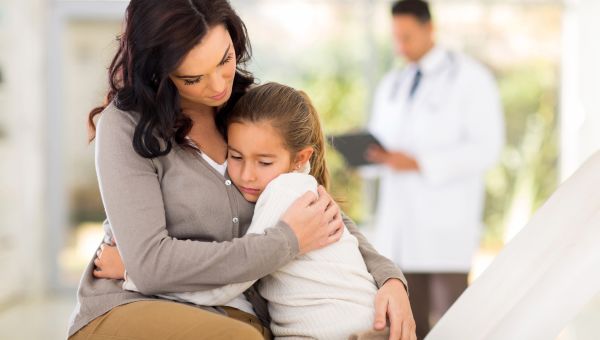
No matter how vigilant you may be, head injuries to kids and teens happen all too often, and sometimes they can lead to a concussion. Whether it's during your child's soccer match, an accident on the playground or even a nasty fall in the house, a concussion can come out of nowhere. But while some symptoms of a concussion are immediately apparent, some may not be so clear.… Show More
No matter how vigilant you may be, head injuries to kids and teens happen all too often, and sometimes they can lead to a concussion. Whether it's during your child's soccer match, an accident on the playground or even a nasty fall in the house, a concussion can come out of nowhere. But while some symptoms of a concussion are immediately apparent, some may not be so clear. Jennifer Hopp, MD, and Douglas Cutter, MD, of Chippenham Hospital offer ways to spot concussion symptoms in your child, as well as tips on how you can help them heal quickly.
Show Less
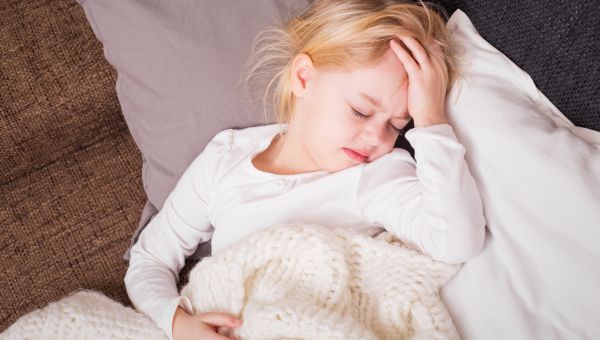
Physical Symptoms
While children may experience a number of symptoms, probably the number one complaint of a child with a concussion is a headache. Other physical symptoms to look out for include nausea, vomiting, dizziness or lack of physical coordination, sensitivity to light and sound, ringing in the ears,… Show More
While children may experience a number of symptoms, probably the number one complaint of a child with a concussion is a headache. Other physical symptoms to look out for include nausea, vomiting, dizziness or lack of physical coordination, sensitivity to light and sound, ringing in the ears, fatigue and fuzzy or blurred vision. These symptoms can start right after the injury or days later, and may last weeks to months.
Show Less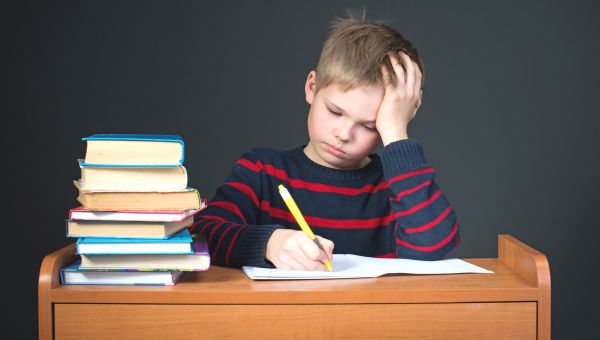
Thinking or Memory Symptoms
Physical symptoms aren't the only concussion signs to watch for. A child with a concussion may be slow to respond, seem confused and even have amnesia regarding the event. While they heal, they may have difficulty thinking clearly, concentrating, learning and digesting new information. “That's the… Show More
Physical symptoms aren't the only concussion signs to watch for. A child with a concussion may be slow to respond, seem confused and even have amnesia regarding the event. While they heal, they may have difficulty thinking clearly, concentrating, learning and digesting new information. “That's the biggest concern—this is an injury to the ability to think,” says Dr. Cutter. Kids’ schoolwork might suffer, especially if they try to get back to activity too quickly. “A kid that's an A-student, now they're a B-student or a C-student even.”
Show Less
Emotional Symptoms
You may start to visibly notice that your child is acting differently—and usually not in a good way. "One of the more important things I ask parents is 'Is this your child? Is your child acting what you would consider normally?'” says Dr. Cutter. “And usually the answer is no—he's usually happier… Show More
You may start to visibly notice that your child is acting differently—and usually not in a good way. "One of the more important things I ask parents is 'Is this your child? Is your child acting what you would consider normally?'” says Dr. Cutter. “And usually the answer is no—he's usually happier than this, she usually talks more than this." Emotional symptoms to look out for include irritability, grumpiness, sadness, nervousness, anxiety, blank stares or even inappropriate laughing and crying. Babies and very young children may cry constantly or refuse to nurse or eat.
Show Less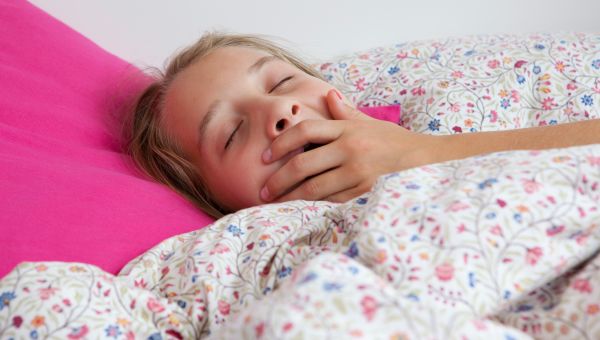
Other Important Symptoms
"A lot of times kids—especially younger ones—can't pinpoint what they're feeling, they just know that they 'don't feel right,'” says Dr. Hopp. This is another big red flag of a concussion. Concussions can also cause changes in kids’ sleep patterns. They may be unusually drowsy, sleep more or less… Show More
"A lot of times kids—especially younger ones—can't pinpoint what they're feeling, they just know that they 'don't feel right,'” says Dr. Hopp. This is another big red flag of a concussion. Concussions can also cause changes in kids’ sleep patterns. They may be unusually drowsy, sleep more or less than usual or have trouble sleeping in general.
Show Less
What To Do if You Spot Concussion Symptoms
According to Dr. Hopp, the process of what to do after a concussion depends heavily on the age of your child. If an injury happens at an organized school function or sports event, an athletic trainer or other trained person may be able to do an assessment. If not, your number one priority would be… Show More
According to Dr. Hopp, the process of what to do after a concussion depends heavily on the age of your child. If an injury happens at an organized school function or sports event, an athletic trainer or other trained person may be able to do an assessment. If not, your number one priority would be to get the child to a doctor right away. And if you see alarming symptoms progressively get worse—such as splitting headaches, loss of consciousness, increasing confusion or seizures—get to an ER to check for more serious trauma.
Show Less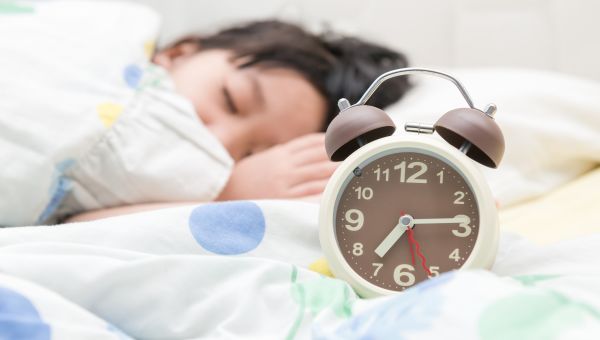
The Most Important Thing: Rest
It's crucial to understand—and convince your child—that a concussion is a brain injury that needs time to heal. Both Dr. Hopp and Dr. Cutter emphasize the need for rest. Kids may need to ease back into school with partial days or reduced workloads, and they shouldn’t return to sports or… Show More
It's crucial to understand—and convince your child—that a concussion is a brain injury that needs time to heal. Both Dr. Hopp and Dr. Cutter emphasize the need for rest. Kids may need to ease back into school with partial days or reduced workloads, and they shouldn’t return to sports or physical activities without a doctor’s ok, either. Light activity and electronic use is considered ok, as long as they don’t provoke symptoms. Doing too much too soon can cause symptoms to linger, or even lead to lasting damage.
Show Less
More Tips for Healing
The Centers for Disease Control (CDC) offers the following advice for parents of children who have received concussions:
- Ensure your child avoids high-risk/ high-speed activities that can cause another severe injury to the head while the brain is so vulnerable (second impact syndrome).
- Talk with … Show More
The Centers for Disease Control (CDC) offers the following advice for parents of children who have received concussions:
- Ensure your child avoids high-risk/ high-speed activities that can cause another severe injury to the head while the brain is so vulnerable (second impact syndrome).
- Talk with your doctor about the best way for your child to return to school and other activities.
- Share concussion info with those who regularly interact with your child so they can understand how to meet the child's needs.
- Keep a regular sleep schedule.
If taken care of properly, 85 percent of concussions get better in 7 to 10 days. If your child's symptoms aren't improving, talk to your child's pediatrician.
Show LessMore On

article

article

article

article

article
